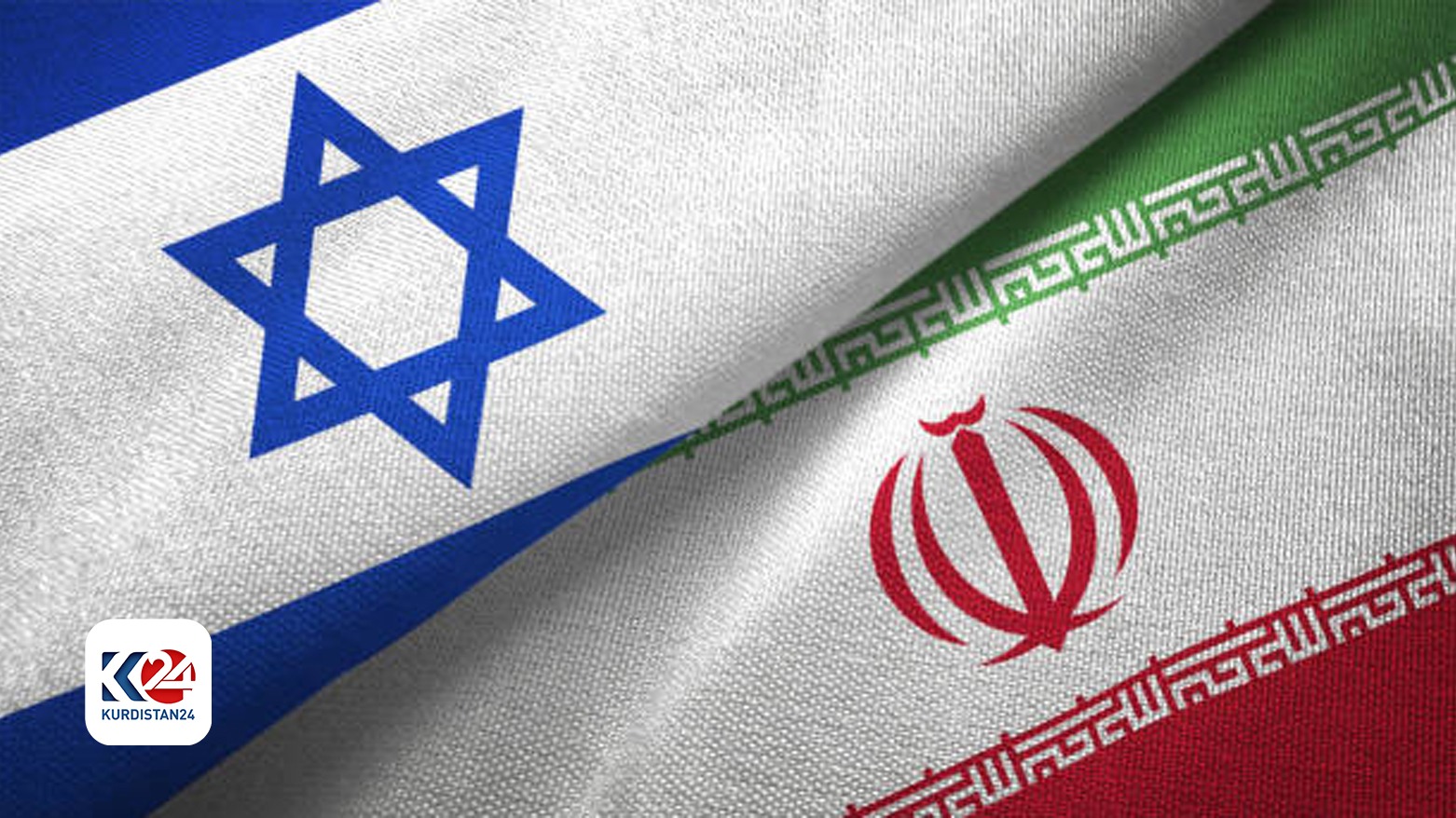Iraq's involvement in Iran-Israel conflict raises concerns
This move has raised concerns among observers, who fear that Iraq is being manipulated for ulterior motives, potentially at the expense of its own interests.

Iraq's involvement in Iran-Israel conflict raises concerns
ERBIL (Kurdistan 24) – The recent announcement of supporting the war against Israel by certain Iraqi political factions, along with their alignment with Iran, poses a significant risk to Iraq's stability and security.
Amidst escalating tensions between Iran and Israel, some political parties in Iraq have openly sided with Tehran, seeking to embroil the country in Iran's defense against Israel. This move has raised concerns among observers, who fear that Iraq is being manipulated for ulterior motives, potentially at the expense of its own interests.
“Political alliances that prioritize one party over another, even if it means supporting Tehran in the Iran-Israel conflict, risk jeopardizing Iraq's diplomatic relations and national security. It is important to keep a balanced view of the situation and deal with it carefully. While expressing solidarity with Palestine is important, it is equally vital to safeguard Iraq's interests and sovereignty” says Nada al-Kaabi.
Al-Kaabi also highlighted that the recent Iranian attack on Israel has prompted some Iraqi ministers and parliamentarians to vocally support Tehran's actions, seemingly without considering the long-term consequences for Iraq. This shortsighted approach risks entangling Iraq in a conflict that could have far-reaching implications for its future stability and prosperity.
“There is a high possibility for the entanglement of these groups in this war and become an active participant of the conflict,” she warned.
As tensions persist in the region, it is imperative for Iraqi leaders to prioritize the country's interests and refrain from actions that could escalate hostilities and undermine Iraq's position on the international stage.
Iraq's geopolitical position has made it susceptible to regional power struggles and conflicts. The country's delicate balance of internal politics and external pressures has often placed it in challenging situations, where navigating alliances and maintaining sovereignty requires careful consideration and strategic decision-making.
Earlier on April 11, during a press conference with Japan’s Prime minister, President Joe Biden had anticipated Iran’s attack on Israel and expressly confirmed the US “ironclad” support of Israel against any attacks.
During the same press conference, President Biden hinted at the possible involvement of Iranian backed militia to publicly align with Iran.
Read More: Biden Pledges Support for Israel against Iran, as Attack Feared in ‘Coming Days’
Biden’s remarks came as a major U.S. media outlet, Bloomberg News, reported that “the U.S. and its allies believe major missile or drone strikes by Iran or its proxies against military and government targets in Israel are imminent.”
Despite a desire to avoid escalation, the crossing of a red line—direct Iranian strikes on Israeli soil—poses a significant challenge. Israeli right-wing voices are already clamoring for retaliation, underscoring the precariousness of the situation.
Read More: Tensions rise as Israel contemplates response to "foiled" Iranian attack